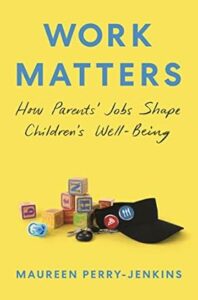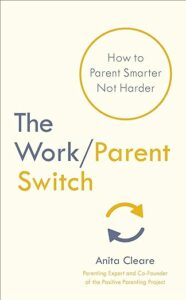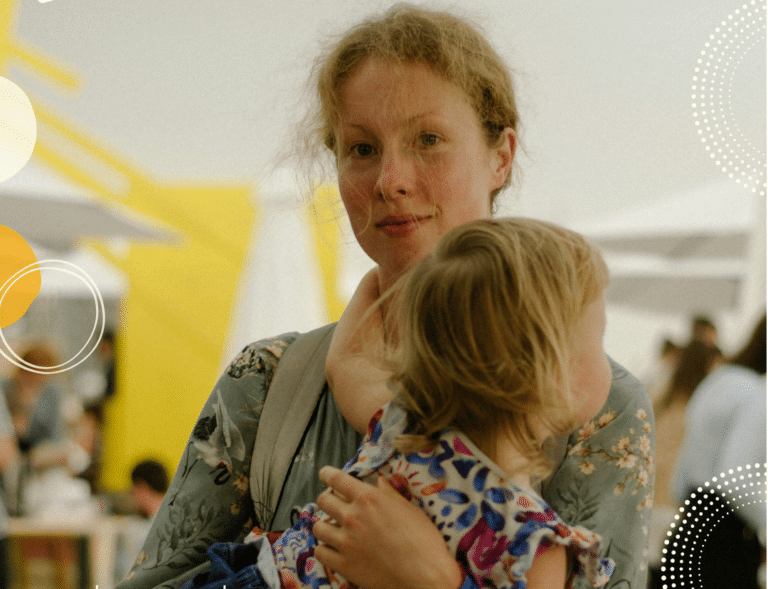How being a working parent impacts children
Many of the discussions I have with working parents revolve around concerns about how their work might be impacting their children. These worries usually fall under two broad areas: concern that they are not spending enough time with their children (number of hours) and concern that they don’t have the energy or resources to be engaged, attentive and sensitive with their children when they are with them (parenting quality). So, I thought I’d summarise what the research says about how being a working parent impacts children to see if that sheds any light.
In general, as long as children have access to quality childcare, research shows no overall consistent impacts on children resulting from having parents who work. (The exception being where the absence of work creates financial hardships that impact children’s food security, housing and access to health and education).
Hundreds of studies have been conducted into how being a working parent impacts children and their development. The majority of these studies specifically look at mothers who work (with fewer looking at fathers).
However, whether these studies looked at attachment, children’s behaviour, school attainment, friendships or future employment prospects, the overall picture shows that having working parents is not directly related to children’s developmental outcomes.
Work quality matters
This overall picture hides some interesting details, though. Most of these studies look at the number of hours worked (work quantity). But not all work is the same. Different jobs impact adults in different ways. Our jobs can make us feel empowered or stressed, intellectually stimulated or bored. And when we examine the research on how jobs actually affect working parents, we do see some connections between work quality and parenting quality.
For example, parents who are involved in work which requires a lot of problem solving and complexity have been found to provide their children with a more cognitively stimulating home environment which includes more books and more problem solving toys and activities.
Parents who have a lot of self-direction in their work roles have been found to be more proactive and supportive in their parenting roles, whereas parents who receive a lot of criticism from managers or supervisors are more likely to be harsh or withdrawn with their children.
Low job satisfaction, lack of autonomy at work and jobs with high urgency have all been correlated with lower quality parenting in terms of responsiveness and sensitivity to our children.
So, rather than it being the number of hours a parent works which is the deciding factor, it is our experiences as working parents that really matter in terms of how working parenthood impacts children. When we don’t have a sense of efficacy or reward or we feel like we have no control over our work lives that can negatively impact the way we parent.
Parents who are stressed at work find it much harder to manage the inevitable frustrations of parenting when at home.
Implications for parents
This matters on two levels. It matters for us as individual parents making decisions about our careers. It gets us beyond discussions about number of hours (full time/part time etc) that so many working parents get stuck in. If we are clear that it is the quality of our experience at work which influences our parenting (and our child), then the issue becomes finding a role (and an employer) which gives you autonomy, a sense of efficacy, stimulation and job satisfaction.
Implications for employers
Let’s be clear. This also matters for employers and for leaders making decisions about how to manage teams. How employers treat employees impacts children – it is part of your investment in the future and your legacy. Whether or not your working parents have a sense of control over their daily tasks, and a say in how they get their work done, and some flexibility into when and where they work, these aren’t just productivity issues – these are policies which shape the way children are parented. Having good parental policies is not enough. This work should be part of your ESG and social value assessments. By creating a positive work environment, employers have an opportunity to create a healthier, happier society for generations to come.


This post contains affiliate links. That means that if you click through from this post and make a purchase, the Positive Parenting Project will receive a small commission. There is no additional charge to you. This helps us to keep providing free content for our readers. For more info, see Disclosure Notice.







Leave a Reply